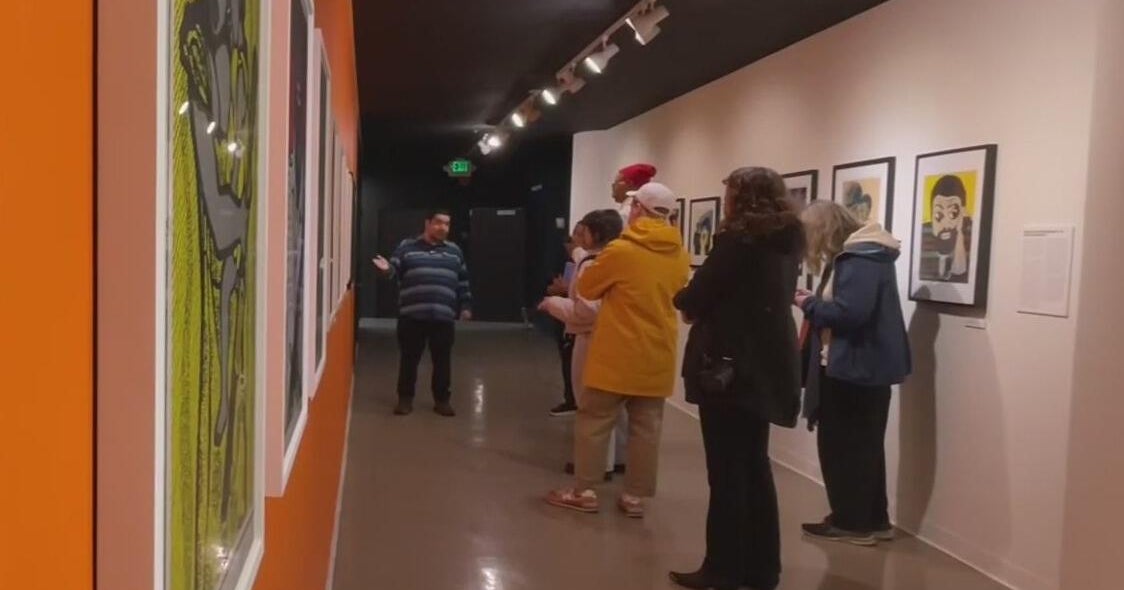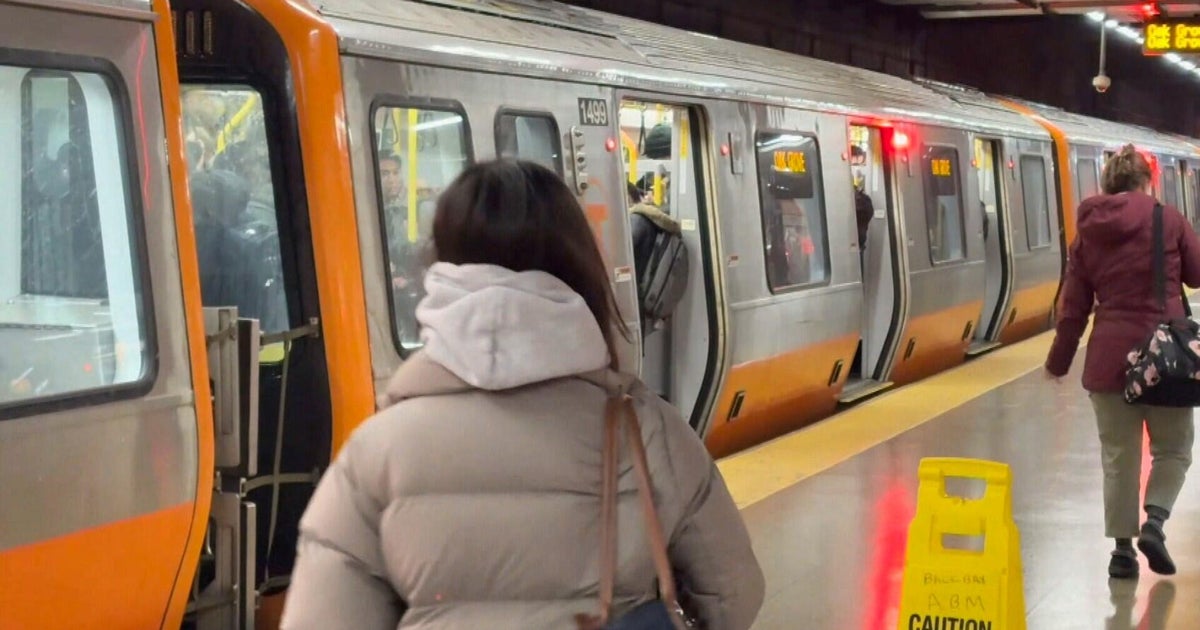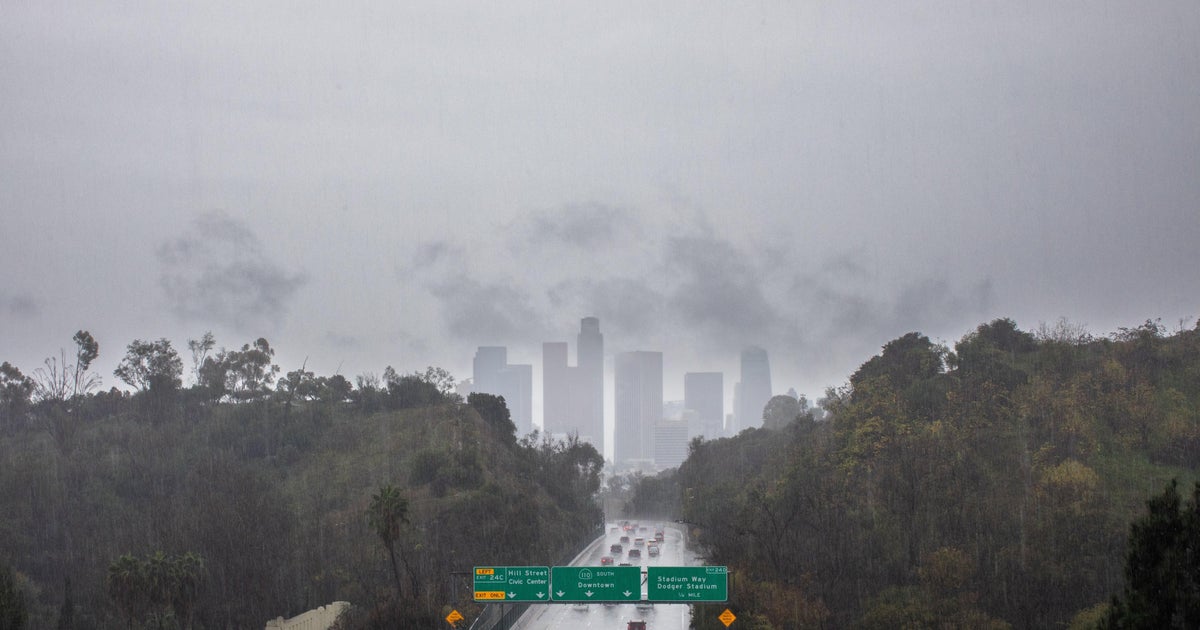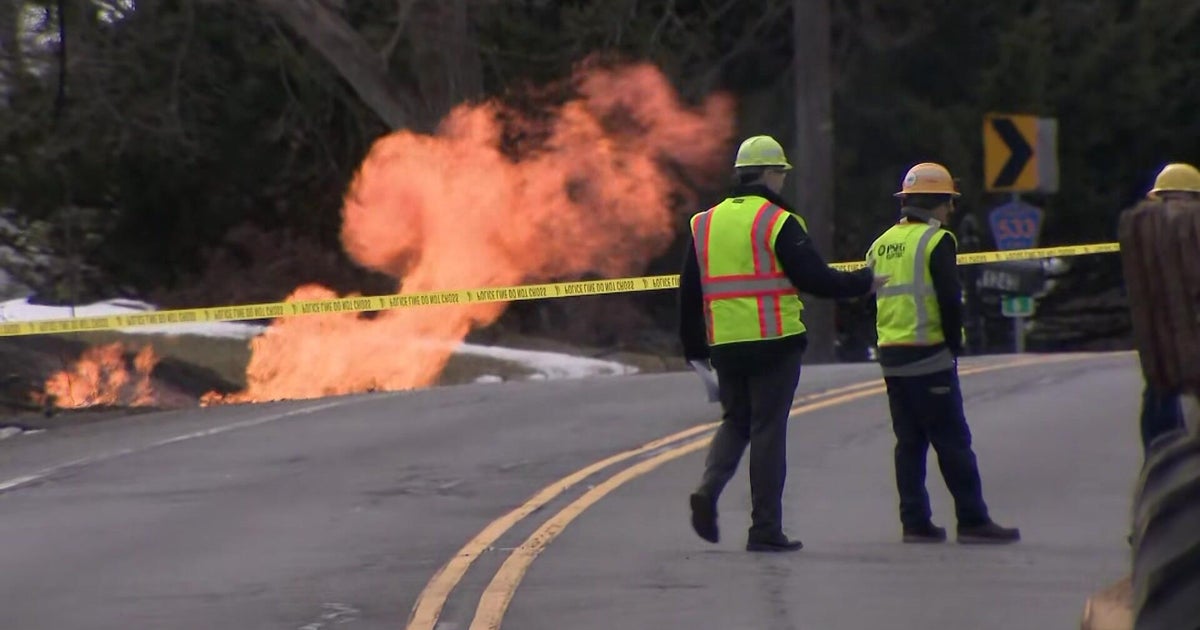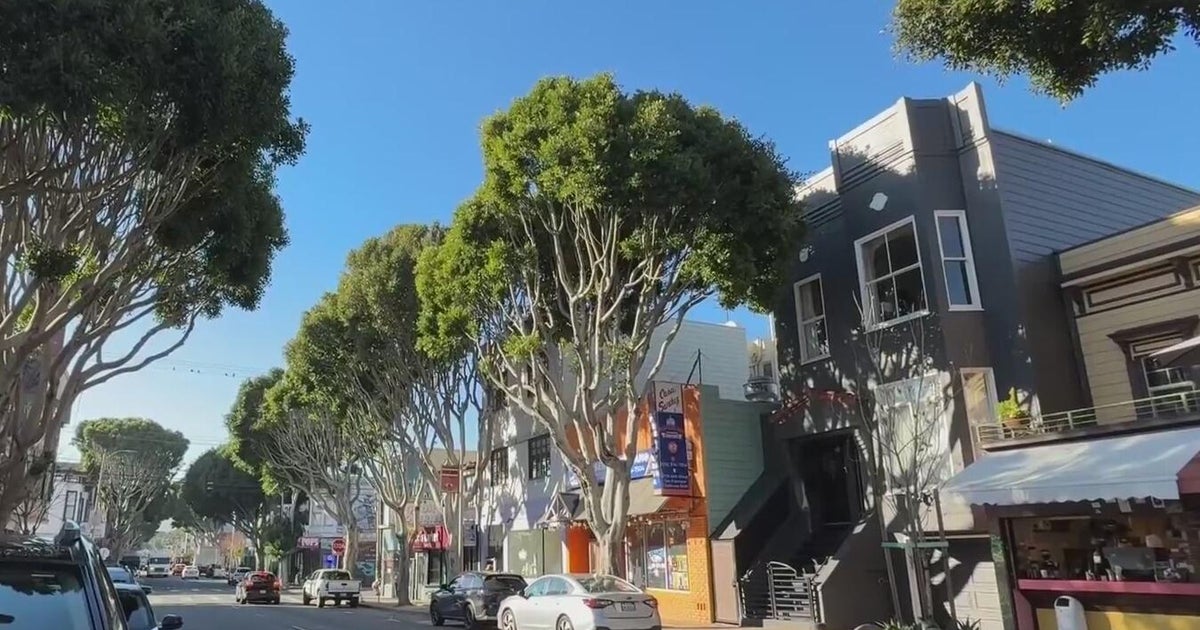BART Defends Controversial Wireless Shutdown During Planned Protest
SAN FRANCISCO (CBS SF) -- Days after a decision was made by Bay Area Rapid Transit officials to interrupt underground cellphone and wireless service at several downtown San Francisco stations in an attempt to disrupt a possible protest, the move continued to draw more and more criticism for potentially violating free-speech rights.
KCBS' Anna Duckworth Reports:
The transit agency interrupted service for several hours on Thursday evening in response to a possible planned protest that was spurred by the fatal shooting of 45-year-old Charles Hill by BART police on July 3.
BART officials said protest organizers were planning to disrupt train service during the rush hour, like protesters did July 11, when a protest at the Civic Center station temporarily closed it and led to a number of arrests.
The decision to cut service was widely covered across the globe -- from Bay Area blogs to international TV outlets like the Middle East's Al Jazeera. A number of articles and comments drew comparisons to Egypt's deposed President Hosni Mubarek, who cut Internet and cellphone services in the country for days during protests earlier this year that ultimately drove him from office.
Twitter users have even started a trend using the hashtag .muBARTek as play on his name in vigorous weekend discussion about the BART incident.
"BART officials are showing themselves to be of a mind with the former president of Egypt," the San Francisco-based Electronic Frontier Foundation said on its website.
Civil rights groups voiced opinions, as well. A blog post on the American Civil Liberties Union of Northern California's website said, "The government shouldn't be in the business of cutting off the free flow of information. Shutting down access to mobile phones is the wrong response to political protests, whether it's halfway around the world or right here in San Francisco."
State Sen. Leland Yee, A San Francisco mayoral candidate, also released a statement Saturday blasting BART officials for their decision.
"I am shocked that BART thinks they can use authoritarian control tactics," he said. "BART's decision was not only a gross violation of free speech rights; it was irresponsible and compromised public safety."
The decision even drew an angry response from one of BART's own board members.
Lynette Sweet said that she was "just shocked that they didn't think about the implications" of the denial of cell service.
KCBS Interviews BART Board Member Lynette Sweet:
"We really don't have the right to be this type of censor," said Sweet. "In my opinion, we've let the actions of a few people affect everybody. And that's not fair."
BART officials said they shut down power Thursday evening to cellular towers for their underground stations stretching from downtown to San Francisco International Airport after learning protesters planned to use mobile devices to coordinate its demonstration.
BART Deputy Police Chief Benson Fairow defended the move for public safety reasons. He said that the agency decided to turn off underground cell service because it received reports that a rowdy group that had protested in July had similar plans.
"It wasn't a decision made lightly. This wasn't about free speech. It was about safety," Fairow said.
BART spokesman Jim Allison maintained that the cellphone disruptions were legal as the agency owns the property and infrastructure. He added while they didn't need the permission of cellphone carriers to temporarily cut service, they notified them as a courtesy.
The decision was made after agency officials saw details about the protest on an organizer's website. He said the agency had extra staff and officers aboard trains during that time for anybody who wanted to report an emergency, as well as courtesy phones on station platforms.
"I think the entire argument is that some people think it created an unsafe situation is faulty logic," Allison said. "BART had operated for 35 years without cellphone service and no one ever suggested back then that a lack of it made it difficult to report emergencies and we had the same infrastructure in place."
On Saturday at one of the stations where cell phone service was disrupted, passenger Phil Eager, 44, shared the opinion of some that BART's approach seemed extreme.
"It struck me as pretty strange and kind of extreme," said Eager, a San Francisco attorney. "It's not a First Amendment debate, but rather a civil liberties issue."
Eager said many of his friends riding BART on Thursday were upset with the agency's actions, some even calling it a "police state."
Mark Malmberg, 58, of Orinda, believed that BART could've used a different approach instead of shutting down cellphone usage.
"Even though it sounds like they wanted to avoid a mob gathering, you can't stop people from expressing themselves," Malmberg said. "I hope those who protest can do so in a civil manner."
(Copyright 2011 by CBS San Francisco. All Rights Reserved. This material may not be published, broadcast, rewritten, or redistributed.)
